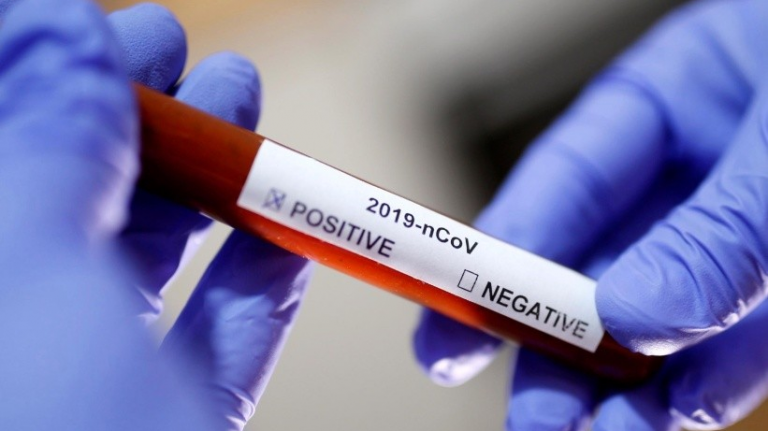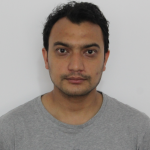
Australia had managed to contain community transmission of the virus very early, thanks to its timely and effective COVID-19 response. But the nation is now struggling as it doubles its efforts to contain the increasing number of active cases due to the resurge of COVID19.
Despite huge progress in tracing, tracking, and rapid detection test since the outbreak in Nov 2019, the world is still struggling to contain the spread which has infected over 17.7 million and caused over 682,000 deaths in 213 countries. Wearing of masks is now compulsory in several public places and health experts believe that this will definitely reduce the rate of infection and add value to the swiftly exiting social distancing and hygiene measures.
Every country is trying its best to increased the number of tests to assess the real situation. The current test takes at least 24 hrs to get the results and the case of asymptomatic people is a another proven drawback during testing. People are also reluctant to go for tests due to the imposition of 24 hrs self-quarantine after the test.
Researchers across the globe have been trying to develop an efficient, and
cost-effective method for rapid testing within minutes and deployable in field conditions. Currently, there are over 200 different types of diagnostic lab-based tests available but none at the point-of-care test in field conditions.
Point-of-care quick tests within minutes like breathalyzer or pregnancy test are the holy grail. One such technology developed by Israeli scientists claims to detect (Covid-19) in 30 seconds and is now being trailed in field condition setting technology in India. Unlike the swab test, people need to blow into or speak in front of a breathalyzer type instrument that will collect samples and test within minutes. The technology attempts to detect the virus by a technique called terahertz spectroscopy, unlike current reagent based standard tests.
Countries have also been using old techniques such as convalescent plasma to treat COVID19 where blood plasma, a liquid portion of the blood after removing red and white blood cells and platelets of people who recovered from COVID-19 and have developed antibodies are infused to COVID patients’ bloodstream to fight the disease.
Nepal is also using this approach. Volunteers’ need to undertake routine
blood and antibody test to make sure it the blood has the COVID antibody.
Nepal is also recording an increasing numbers of infections and persistent increasing positive tests lately have created widespread fears in the country and likely to go up when more people will be tested. Furthermore, in Nepal the government decision to partly lift restrictions could trigger a significant flare-up in infection rates.
Nepal has been complacent far too long and needs to adopt the strategy Australia has taken.
NRNA SK&TT Department Nepal Science Foundation has started a special regular online program on COVID science-based information inviting global experts to discuss Nepal situation. NRNA Health Committee and SK&TT department is also involved in direct and indirect relief measures providing test kits and equipment on the ground.
It is time all Nepalis are united and extend full support every possible way to Nepal to deal with the crises.
About the author:
Dr. Raju Adhikari is a Biomaterials scientist and associated with, SK&TT
Department, Nepal Science Foundation Trust (NSFT), and NRNA.






